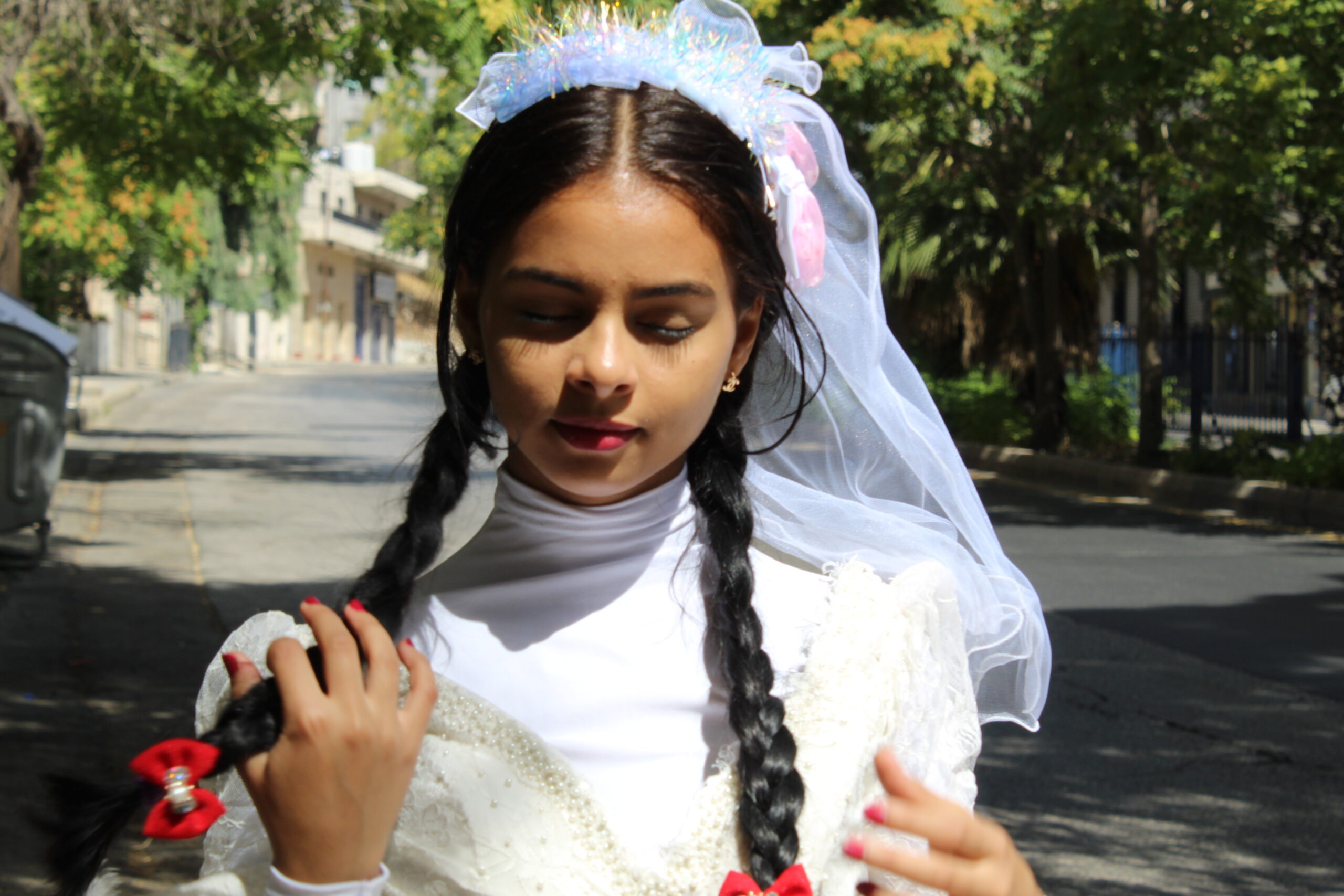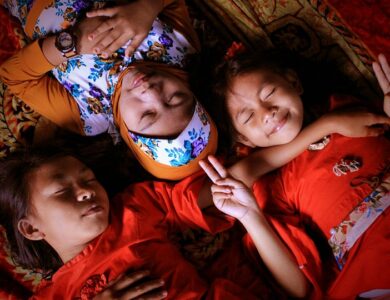Understanding the Importance of Child Rights: A Comprehensive Definition by UNICEF

Children are the most vulnerable members of our society, deserving of special care, protection, and support. Recognizing this, the United Nations International Children’s Emergency Fund (UNICEF) has played a pivotal role in advocating for the rights and well-being of children worldwide. Child rights refer to the fundamental entitlements that every child should enjoy, enabling them to live a dignified and fulfilling life. In this article, we will delve into the comprehensive definition of child rights provided by UNICEF, shedding light on the significance of these rights and the need for their protection.
UNICEF defines child rights as the minimum entitlements and freedoms that must be ensured for every child, regardless of their nationality, ethnicity, or background. These rights encompass a broad range of factors, including physical, psychological, social, and educational dimensions. The Convention on the Rights of the Child, adopted by the United Nations General Assembly in 1989, serves as the foundation for this definition. It outlines the principles and standards that governments worldwide should adhere to in order to safeguard and promote the well-being of children.
One key aspect of child rights is the right to survival and development. Every child has the inherent right to life and should be provided with adequate nutrition, healthcare, and a safe living environment. Moreover, children have the right to education, which is crucial for their intellectual growth and future opportunities. UNICEF stresses that quality education should be accessible to all children, free from discrimination and barriers.
Child rights also encompass protection from violence, abuse, and exploitation. Children should be shielded from all forms of physical, emotional, or sexual violence, including harmful practices such as child marriage and child labor. Governments have the responsibility to establish legal frameworks that protect children from abuse and hold perpetrators accountable. Furthermore, particular attention must be given to vulnerable groups, such as children living in poverty, refugees, and those affected by armed conflicts.
Participation is another vital aspect of child rights. Children should have the right to express their opinions and have them taken into account in matters that affect them. UNICEF believes that including children in decision-making processes can lead to more effective and relevant policies, ensuring that their perspectives and needs are addressed. It is essential to create opportunities for children to voice their ideas, be heard, and actively contribute to the development of their communities.
UNICEF emphasizes the principles of non-discrimination and equality in the realm of child rights. Discrimination against children based on their gender, race, religion, or any other characteristic is a violation of their rights. All children are entitled to equal access to healthcare, education, and opportunities for personal growth. Efforts should be made to eliminate social, economic, and cultural barriers that impede the full realization of these rights.
In light of the comprehensive definition provided by UNICEF, child rights serve as a guide for governments, civil society, and individuals to ensure the welfare and well-being of children. Protecting and promoting these rights is not only morally imperative but also crucial for societal progress. By investing in children today, we are guaranteeing a brighter future for generations to come. It is the responsibility of each and every one of us to advocate for the rights of children and work towards a world where every child can flourish and reach their full potential.
In conclusion, child rights, as defined by UNICEF, encompass a wide range of entitlements and freedoms that every child should enjoy. These rights include survival, development, protection from violence, participation, and non-discrimination. Upholding and safeguarding child rights is crucial for ensuring a better future for our society. It is our collective duty to advocate for these rights and create an environment where every child can thrive.
Human right activist
Nada Foundation




